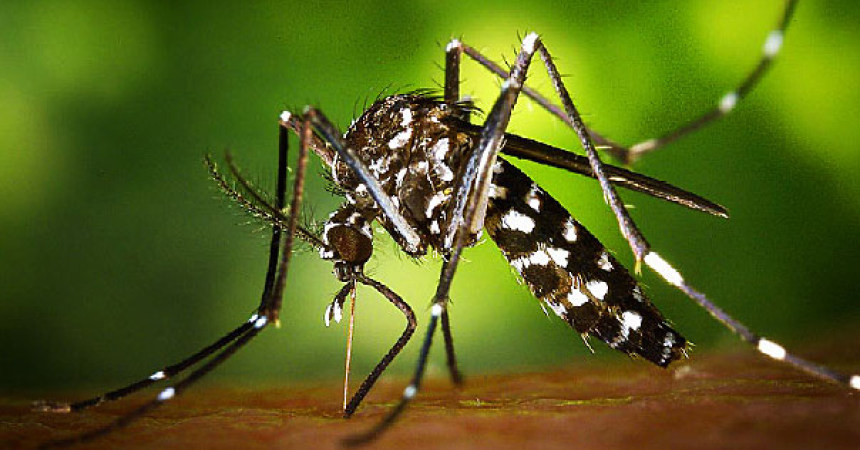
Mosquito-borne Zika cases confirmed in Florida
By Jim Saunders
The News Service of Florida
Florida’s worries about the Zika virus have turned into reality.
In the middle of the state’s typically humid, buggy summer, Gov. Rick Scott announced Friday that four Zika cases in South Florida were likely caused by mosquito bites.
“All four of these people live in Miami-Dade and Broward counties and the Florida Department of Health believes that active transmissions of this virus could be occurring in one small area in Miami,” Scott said in a prepared statement. “While no mosquitoes have tested positive for the Zika virus, DOH is aggressively testing people in this area to ensure there are no other cases. If you live in this area and want to be tested, I urge you to contact the county health department which stands ready to assist you.”
Florida has seen a steady increase in Zika diagnoses in recent months, with the total number of cases nearing 400. But until Friday, health officials said cases stemmed from people who were infected because of travel to places such as South America, where the virus emerged last year.
Public-health officials have worried for months that the virus, which is particularly dangerous to pregnant women and can cause severe birth defects, would become mosquito-borne in Florida. The state last week began investigating two potential non-travel related cases in Miami-Dade and Broward counties, followed by two more cases this week.
Scott’s office said Friday that one of the cases involves a woman and the other three involve men, none of whom have needed to be hospitalized. It said health officials believe transmissions of the virus have happened in a 1-square-mile area just north of downtown Miami.
The governor and state Agriculture Commissioner Adam Putnam announced a series of steps aimed at reducing the potential for mosquito bites and preventing the spread of the disease through blood.
In part, Scott said he directed the state Department of Health to contract with commercial pest-control companies to increase spraying and to take other steps to reduce mosquitos in the targeted area of Miami-Dade. Mosquito-control districts in Miami-Dade and Broward also will receive $1.28 million from the state through December, the governor’s office said.
Similarly, Putnam issued a “mosquito declaration” that will last 45 days and calls for aggressive mosquito-control efforts within 200 yards of patients’ homes. That includes efforts to eliminate standing water where mosquitos lay eggs.
“Floridians can do their part by draining standing water surrounding their homes, as it can serve as breeding grounds for the mosquitoes that are capable of transmitting the virus,” Putnam said in a statement released by his office.
Scott’s office also said the Department of Health will provide $620,000 to OneBlood, the primary blood bank in the area, to help ensure blood screening for Zika. Also, the department will work with the federal Food and Drug Administration and blood banks to make sure that tests are conducted on each unit of blood collected in Miami-Dade and Broward.
The Food and Drug Administration on Thursday requested that blood banks in the two counties temporarily halt collecting blood until safeguards are put in place. OneBlood said on its website Friday that all blood collections in the areas it serves in Florida, Georgia, Alabama and South Carolina will be tested for Zika.
“With testing beginning, OneBlood operations remain business as usual and collections will continue throughout its service areas, uninterrupted,” the OneBlood website said.
Meanwhile, the state Department of Health said it is continuing “door-to-door outreach” and collecting urine samples in the targeted area of Miami-Dade.
“The results from these efforts will help (the) department determine the number of people affected.,” the department said on its website. “These local cases were identified by clinicians who brought them to the attention of the department.”
Miami-Dade and Broward also have been the hardest-hit areas of the state for travel-related Zika cases. As of Friday morning, the Department of Health’s website said the state had 331 travel-related cases that did not involve pregnant women. Miami-Dade had 99 of those cases, while Broward had 55 — substantially more than any other counties.
The state does not release the counties for travel-related cases involving pregnant women. But the department said it has monitored 55 pregnant women who have shown evidence of Zika.








